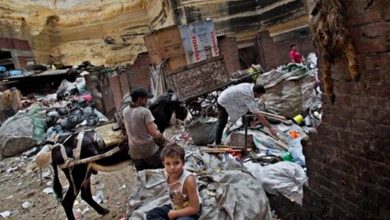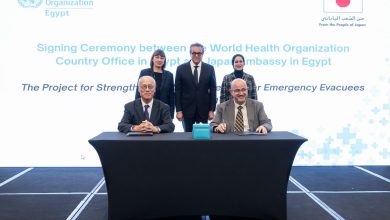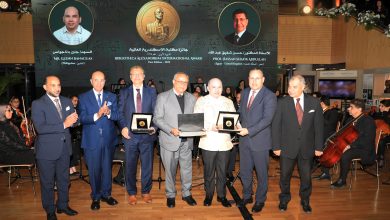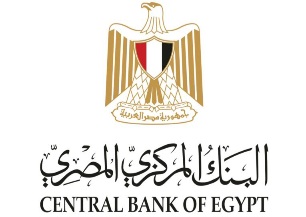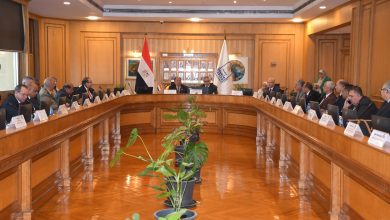Project provided technical assistance on Sustainable Medical Waste Management, following the request of Environment Quality Authority (EQA) of Palestine
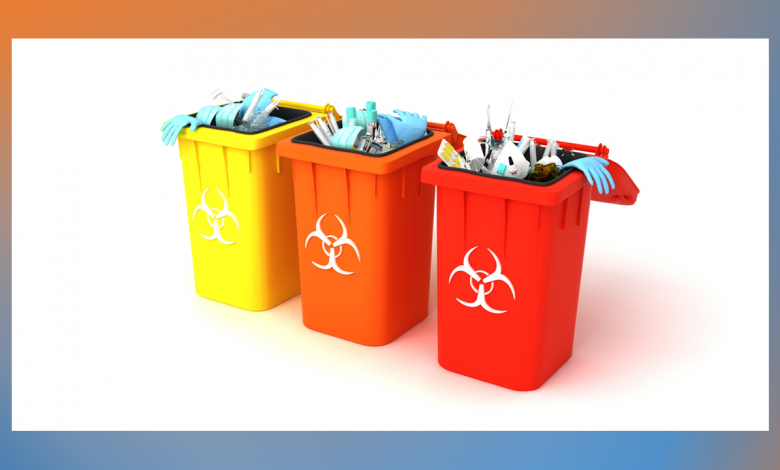
he objective of this initiative was to provide technical support in updating the Master Plan for Healthcare Waste Management and formulating measures for a contingency/emergency plan, addressing crises like outbreaks, conflicts, earthquakes, and pandemics in a sustainable manner.
Medical waste is designated as hazardous due to the potential presence of infectious agents, posing significant risks to both the environment and human health. The collection, transport, treatment, and disposal of medical waste present an environmental challenge, necessitating an integrated and sustainable management approach.
In Palestine, medical waste falls under the purview of hazardous waste legislation, with a dedicated National Medical Waste Management Bylaw (2012) outlining definitions, classifications, and guidelines for identification and management. The responsibilities of key stakeholders, including the Ministry of Health, the Environmental Quality Authority (EQA), and local authorities, are delineated in the by law, which came into effect on February 27, 2013. Institutions were expected to align with the law by February 27, 2014. Additionally, a hazardous waste bylaw has been recently introduced under the EQA’s mandate.
While efforts have been made to enhance medical waste management, studies have revealed inadequacies in the segregation of hazardous and non-hazardous wastes within hospitals, indicating broader deficiencies in hospital waste management. To address these, focus on effective integrated improvements and learning from successful management systems is crucial.
Collaboration among key stakeholders, including the Ministry of Health, EQA, Ministry of Local Government, the private sector and relevant NGOs, is essential. Encouraging further private sector participation and strengthening NGO involvement for awareness campaigns and behavioral change is also needed.
The EQA plays a pivotal role in formulating solid waste management strategies, setting standards, and overseeing their implementation. With international obligations under the Basel Convention since 2015, the EQA is instrumental in addressing localized challenges, such as those encountered during the COVID-19 pandemic, by developing contingency and emergency plans.
Methodology and Implementation
The following activities were successfully conducted under this national WES activity in Palestine:
Compilation of an inception Report based on a desk study and bilateral contacts with stakeholders. This inception report helped to identify current priorities, barriers and challenges for the proper management of medical waste, as well as providing the key figures to update the Master Plan. It also briefly described common practices applied in Euro-Mediterranean countries and proposed a methodology for updating the Master Plan.
Update of the Master Plan for Healthcare Waste Management (first version), based on the inception report and exchanges with the beneficiaries. This update included a road map with short- and medium-term actions to implement the plan in steps, with emphasis on the coming 3-5 years.
The updated Master Plan was elaborated following the structure of the current Master Plan, by updating figures, targets, measures, roles, etc.
Proposition of a set of measures to develop a contingency plan for medical waste management. The measures proposed took into account the additional requirements for temporary storage availability and capacity of treatment / disposal facilities, as well as equipment and staff for medical waste management. The set of measures was included in a chapter of the updated Master Plan.
Consultation with stakeholders to discuss the results of the previous tasks and confirm the topic of a training workshop to address some of the identified needs. A consultation meeting was organized online on the 22nd of November 2022 to present the main results till then. Particular focus was given on the main points of updating the Master Plan and its roadmap and on the measures to be included in the contingency/emergency plan. The Master Plan was duly amended according to the comments received during this stakeholder consultation.
Organization of a second Consultation and of a Training Workshop on priority issues.
Based on the results of the inception phase and of the stakeholder consultation, a 2-day training with 28 professionals (health care centres’ staff from different parts of Palestine) was carried out in Ramallah on the 17th and 18th of May 2023. This training workshop intended to improve capacities in specific weak areas (e.g. data tracking and emergency measures) and inform/introduce the trainees to the updated Master Plan, its roadmap and contingency plans.
The trainees are expected to train others and spread the knowledge gained. A second consultation meeting was also organised back-to-back with the training to finalise on a consensus basis the updated Master Plan.
Finalization of the updated Master Plan which was presented in Ramallah just before the training workshop and translation into Arabic. An additional arising need for the drafting of an inspection checklist to facilitate inspectors was also addressed by the WES experts.
Compilation of a Synthesis Report (present report)
Conclusions
All objectives of the activity were met. This was secured because the activities were conducted in close collaboration and coordination with the EQA. However, additional technical, operational, and institutional training is needed.
The EQA is well aware of the need to further strengthen the collaboration among all stakeholders. All ministries concerned need to collaborate and understand their competences and responsibilities; governance and clear distribution of roles are key. In addition, well defined guidelines on the private sector’s role in health care waste management is particularly crucial since its role is becoming more and more important.
A strong waste management regulatory system and commitments will improve the implementation of medical waste management.
Useful Link
All of the publicly available materials and deliverables of the activity can be found on the WES website at:
https://www.wes-med.eu/activities_type/n-e-ps-1-technical-assistance-on-sustainable-medical-waste-management/
WES Project
The EU funded Water and Environment Support (WES) is a regional project designed to contribute to the implementation of an integrated approach to pollution reduction and prevention, in line with the Union for the Mediterranean agendas and the Barcelona Convention. WES is also meant to contribute to a more efficient management of scarce water resources in the ENI Southern Neighbourhood region.
The project aims to do so by increasing the capacity of stakeholders that are involved in pollution reduction and water management and support them in formulating and implementing the environmental and water policies.
WES supports the shift to a more sustainable consumption and production model, promotes an integrated and efficient management of water, combats plastic pollution and marine litter and fosters dialogue on key environmental and sustainable development issues. In this way, WES also supports mutual understanding, cooperation, and peace in the region.

